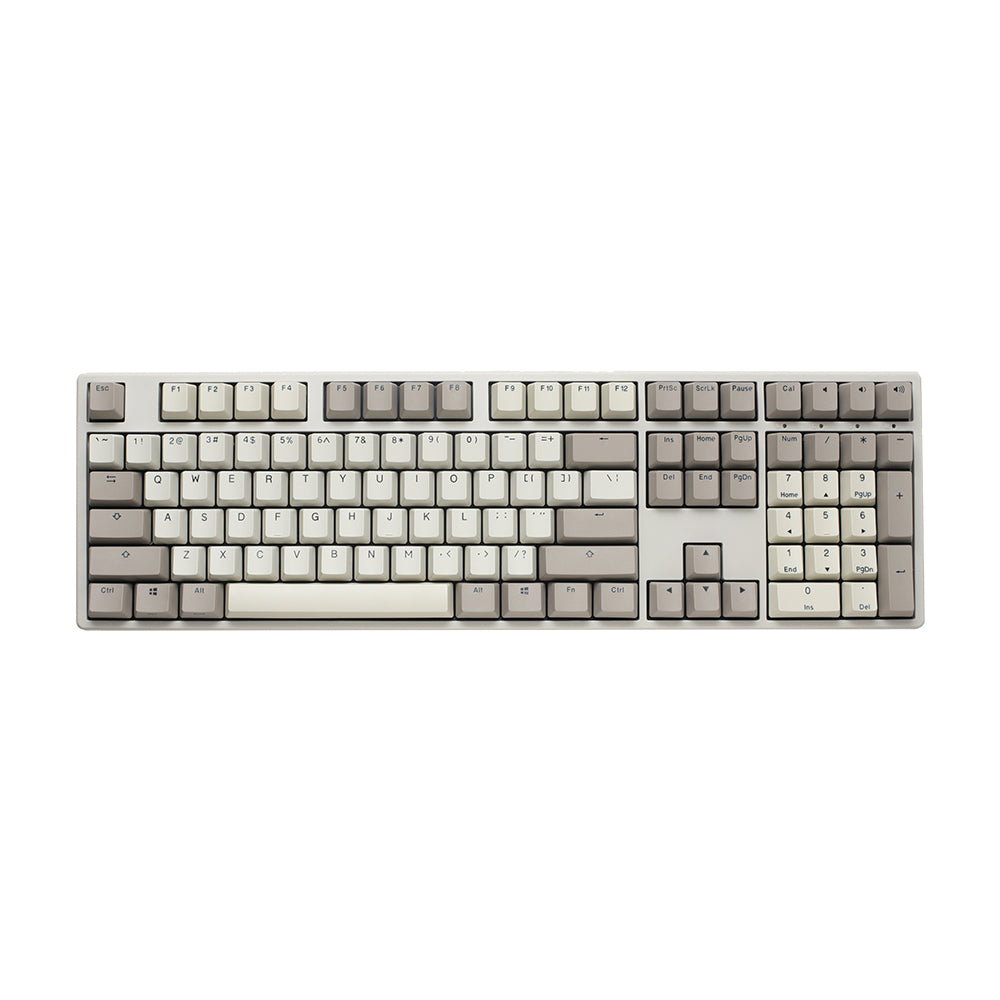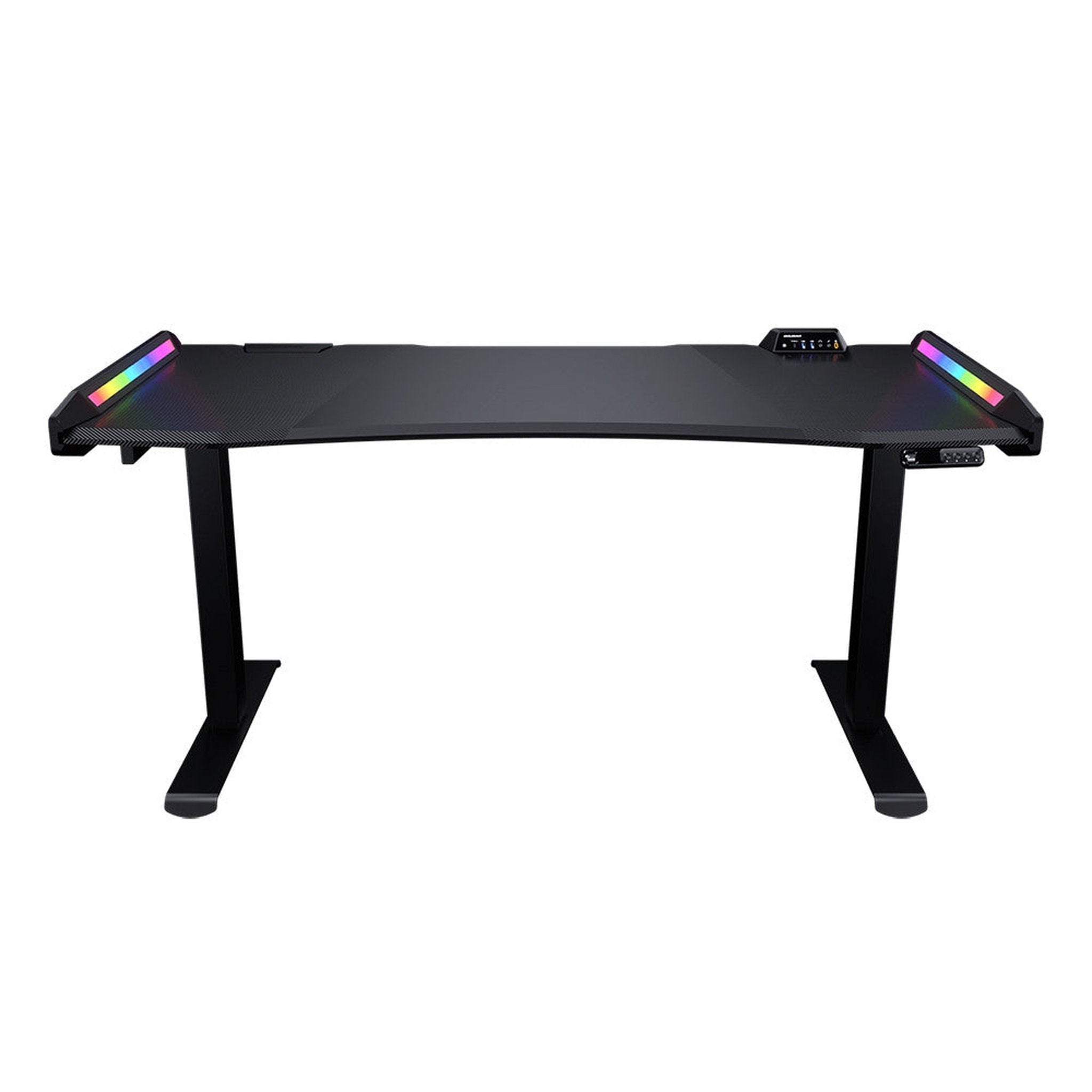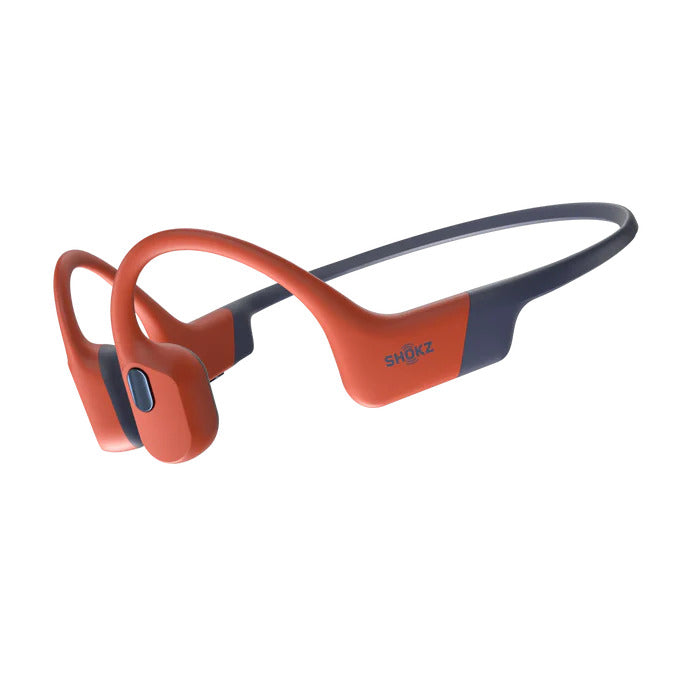If you spend most of your day sitting at a desk, you know how important it is to have a workspace that is comfortable and efficient (and let's be real, nobody wants to work at a desk that feels like a torture device). That's where ergonomics comes in. Ergonomics is the study of designing equipment and environments to fit the human body and its abilities. When it comes to desks, ergonomics is an important consideration because it can have a major impact on your comfort, productivity, and even your overall health (no more neck cramps or carpal tunnel syndrome). In this blog post, we'll explore the impact of ergonomics on desk design and how to choose an ergonomic desk.
1. The importance of ergonomics: Ergonomics is important because it can help to reduce strain and discomfort on your body, which can lead to improved productivity and reduced risk of injury (no more hunching over your keyboard like Quasimodo). When it comes to desks, ergonomics can help to reduce strain on your neck, shoulders, back, and wrists, which can help to prevent fatigue and musculoskeletal disorders (AKA desk-related injuries). In addition, an ergonomic desk can help to improve your posture and reduce the risk of developing problems like carpal tunnel syndrome or neck and back pain (because nobody wants to end up looking like the Hunchback of Notre Dame).
2. Factors to consider: There are several factors to consider when choosing an ergonomic desk. These include:
-
Height: The height of your desk should be adjusted to your height so that your elbows are at a 90-degree angle when you're typing (no more hunching over your keyboard like Quasimodo). This can help to reduce strain on your wrists and shoulders.
-
Surface area: Your desk should have enough surface area to support your computer, monitor, and any other equipment you need. A desk that is too small can lead to clutter and cramped workspace (no more cramming everything onto a tiny desk and hoping for the best), while a desk that is too large can make it difficult to reach everything you need (no more standing on your tippy toes to reach your stapler).
-
Keyboard and mouse: The position of your keyboard and mouse should be at or below elbow height to reduce strain on your shoulders and wrists (because nobody wants to type with their arms extended straight out like a T-Rex). It's also a good idea to use a keyboard tray or wrist rest to help reduce strain on your wrists (because nobody wants to end up with floppy wrists like a wet noodle).
- Monitor: The height and position of your monitor should be adjusted so that the top of the screen is at or below eye level to reduce strain on your neck (no more straining to see the screen or getting a crick in your neck).
3. Adjustability: An ergonomic desk should be adjustable so that you can customize it to your needs. Look for desks with adjustable height, keyboard trays, and monitor arms to allow for easy customization (because one size does not fit all when it comes to desks). This way, you can find the perfect setup for your body and your work habits (no more trying to squeeze into a desk that was clearly designed for a giant).
4. Material: The material of your desk can also play a role in its ergonomics. Desks made of wood or metal may be more durable, but they can also transmit vibrations from typing or using a mouse (no more feeling like you're typing on a drum set). Desks made of materials like glass or particleboard may be more prone to damage, but they can also help to reduce vibrations (because nobody wants to feel like they're typing on a trampoline). Consider the material of your desk and how it will impact your comfort and productivity (because nobody wants to work on a desk that feels like a bouncy castle).




